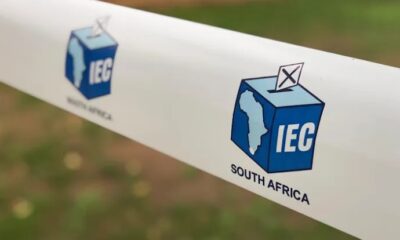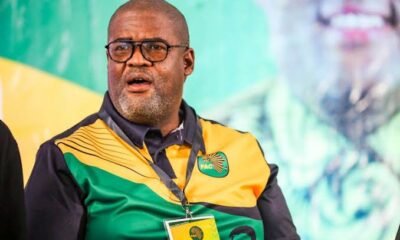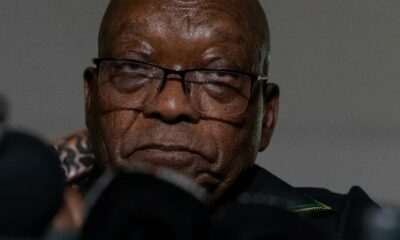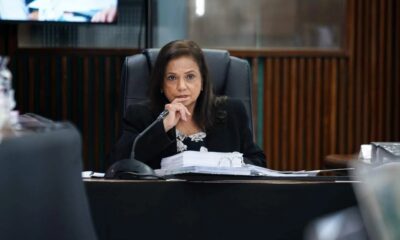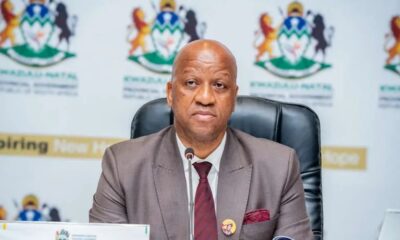News
IEC Blocks ‘Mandela for President’ Party Over Signature Shortfall and Misleading Name
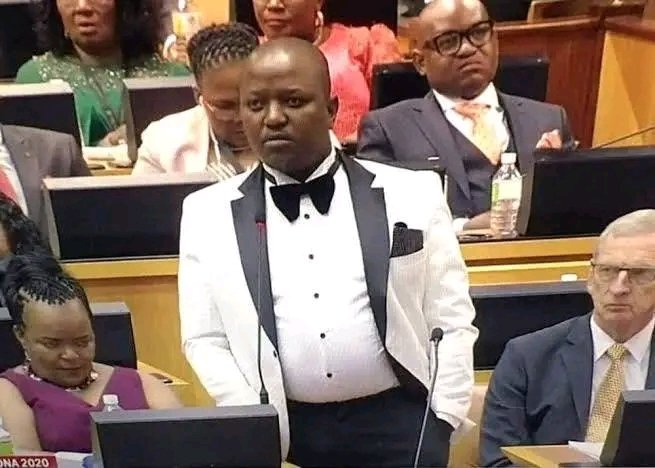
From misleading names to missing signatures, Jacob Boy Mamabolo’s political project stalls before takeoff.
The Independent Electoral Commission (IEC) has slammed the brakes on Jacob Boy Mamabolo’s bid to enter the political ring with a new party dubbed Mandela for President. While the name alone was guaranteed to spark attention, it turns out the party didn’t quite tick all the boxes needed to join South Africa’s official political lineup.
What’s in a Name? Quite a Lot, Actually
For many South Africans, the name Mandela isn’t just a surname, it’s a legacy. And it’s precisely that legacy the IEC fears may be exploited. The electoral body raised concerns that branding a political outfit Mandela for President could mislead voters into believing it’s connected to the late Nelson Mandela, South Africa’s first democratic president and global icon of peace and reconciliation.
The use of green and black colours, reminiscent of the ANC’s own palette added to the unease. In a political landscape where visual identity and historical associations run deep, the IEC warned that voters might interpret the new party as endorsed by or affiliated with the Mandela family or the ruling African National Congress.
Missing Signatures and Paperwork Gaps
The problems didn’t end with the party’s branding. According to the IEC, the application failed on multiple technical grounds. Chief among them was the shortfall in required signatures.
To register a party nationally, a minimum of 1,000 signatures from registered voters must accompany the founding documents. Mamabolo’s camp, however, couldn’t clear that bar, though the IEC hasn’t specified how many signatures were actually submitted.
For local-level registration, the threshold is lower: 500 signatures. Yet the IEC confirmed that even this wasn’t achieved.
Leadership Mystery: Mandela or Mamabolo?
Perhaps the most eyebrow-raising part of the application was the apparent identity confusion. The party’s constitutional preamble introduces its founding convener as “Mandela Jacob Boy Mamabolo,” a curious fusion of two politically significant names. But the IEC’s own records only list him as Jacob Boy Mamabolo, leading officials to question whether there was a deliberate attempt to blur lines between the founder’s name and that of Nelson Mandela.
The IEC flagged this discrepancy as a potential “misrepresentation,” warning that such inconsistencies in leadership documentation are a serious breach of compliance.
Party Remains Unregistered
In a final statement, the IEC made it clear: the Mandela for President party is not, and cannot currently be, recognised as an official political entity. Until Mamabolo resolves the signature issues, cleans up the documentation, and reconsiders the name, the party is barred from contesting elections or accessing any privileges of a registered political organisation.
Online Reactions and Mandela Family Silence
On social media, the response was swift and divided. Some users called the attempt “a shameless hijacking of Mandela’s legacy,” while others questioned why the IEC hadn’t acted sooner to regulate party names more strictly. One user on X (formerly Twitter) wrote: “Imagine using the Mandela name just to pull votes. The IEC did the right thing!”
As of now, the Mandela family has remained silent on the matter, but public sentiment suggests they may be less than thrilled.
Why It Matters
South Africa’s democracy is built not just on voting, but on ensuring voters are making informed, unmanipulated choices. As the 2026 municipal elections approach, the IEC is clearly drawing a line: brand confusion, misrepresentation, and sloppy paperwork will not be tolerated.
While Mamabolo may yet return with a revised application, this attempt seems to have backfired, raising more questions than it answered.
{Source: The Citizen}
Follow Joburg ETC on Facebook, Twitter , TikTok and Instagram
For more News in Johannesburg, visit joburgetc.com



